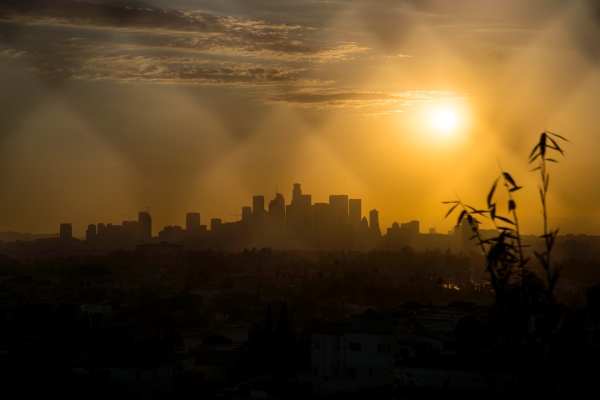
A New Visa Process Makes It Much Easier to Travel to Saudi Arabia Now
[ad_1]
Saudi Arabia just relaxed its visa process, making it quicker and easier for travelers to visit the Middle Eastern kingdom.
As of September 1, travelers from the United States, the European Union, and the United Kingdom can receive a visa on arrival that is valid for 12 months. Previously they had to apply for an eVisa ahead of time.
The government said the modified requirements would increase “opportunities for potential travelers through a simplified visitor journey.”
The updated visa rules are the latest step Saudi Arabia has taken toward diversifying its economy so it is less dependent on oil in the future (in 2021 alone, the nation saw 62 million travelers), according to Saudi Arabia’s economic blueprint, Vision 2030. The government intends to spend $1 trillion over the next 10 years to beef up its tourism sector and make the country more appealing as a leisure travel destination.
It wasn’t until September 2019 that the Middle Eastern kingdom started issuing its first visas to foreign travelers from 49 countries, including the U.S., Canada, most of Europe, and China, for stays up to three months. Before then, the country was only open to business travelers, expatriates, and Muslims visiting Mecca for the hajj and umrah pilgrimages.
The visas on arrival will cost 300 Saudi riyal (about US$80). There’s also a health insurance fee, though it’s unclear what that entails now.
Non-Muslim tourists will still not be allowed to visit the holy cities of Mecca and Medina, although travelers may instead consider Jeddah, a port city on the Red Sea; it is home to four mosques that allow non-Muslims to enter: Al Rahma Mosque, Al Taqwa Mosque, King Fahd Mosque, and the King Saud Mosque.
Though the new visa protocols make the country more accessible, many conservative aspects of the kingdom remain. Alcohol is still illegal, and visitors should expect many businesses to be closed during the call to prayer, which happens five times a day but changes throughout the year according to the sunrise and sunset.
Additionally, gender disparity remains an issue—female travelers aren’t expected to wear the traditional long body-length dress called an abaya, but they are expected to wear loose-fitting clothes that cover their shoulders and knees, according to Saudi Arabia Public Decorum Charter. LGBTQ+ travelers will also find myriad laws that prevent them from living and expressing themselves as they would at home—homosexual acts and relationships are punishable by law.
Lyndsey Matthews contributed to this reporting.
[ad_2]
Source link


